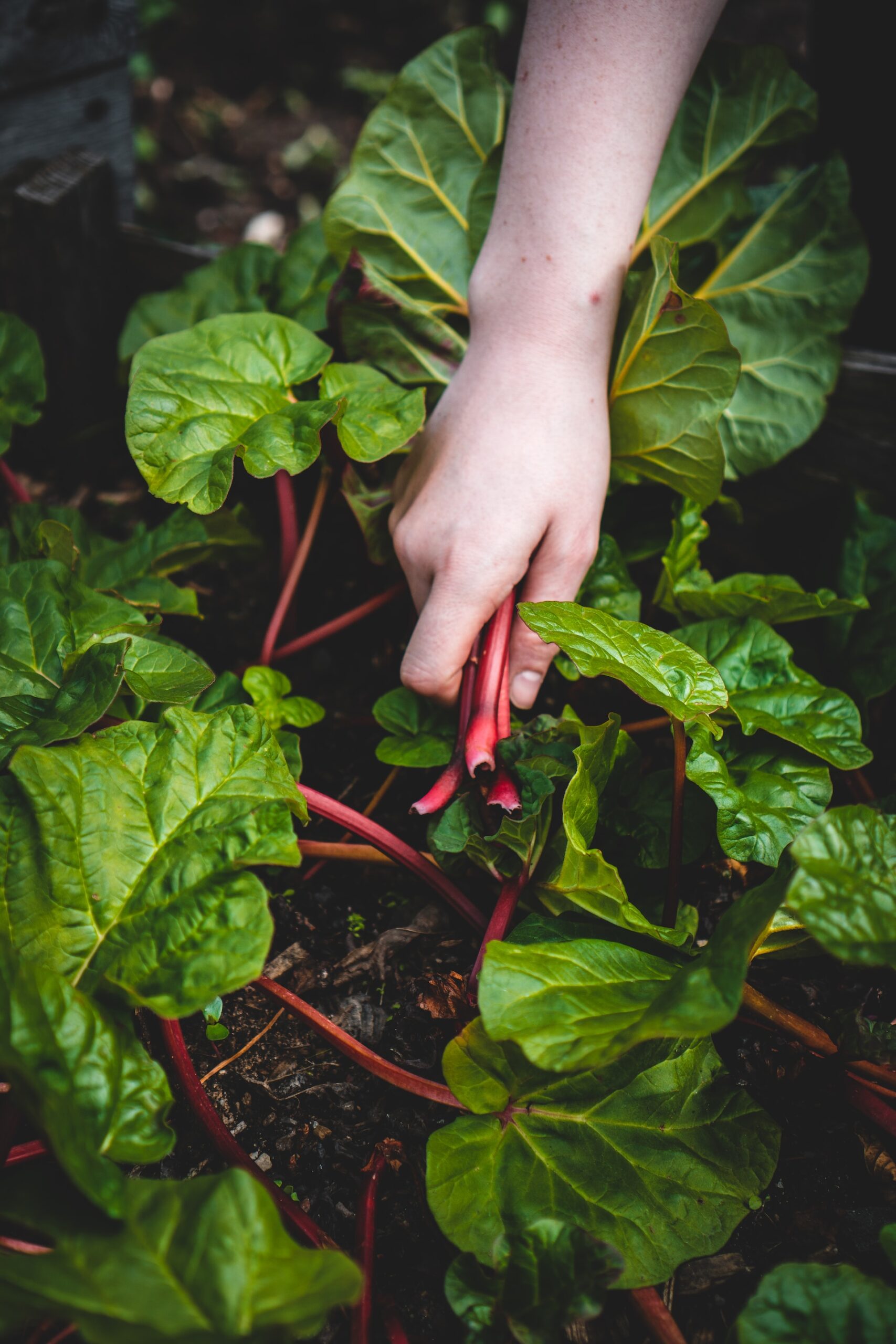Managing Space for Plant Growth
Wishing to cultivate your own urban garden may seem daunting, particularly if you live in a confined space. However, it is thoroughly achievable. Crucial to success, though, is effectively managing the restricted space available. How can this be done?
The main strategy is adopting efficient planning and layout techniques before even getting your hands in the dirt. Start by identifying the optimal positioning of plants based on their sunlight needs and growth patterns. This may call for arranging taller crops to the north or west of shorter ones to prevent shading.
A more interesting challenge, though, is successfully utilizing vertical spaces to your advantage. Whether it’s setting up vertical gardens, hanging pots, or just training plants to grow upwards, these methods can drastically increase your growing area.
Sources like Area2Farms provide a wonderful insight into urban farming. You will find that with strategic space usage, growing a flourishing garden in confined spaces is certainly doable.
Nutrient and Light Limitations
Another significant concern when farming in confined spaces is confronting sunlight and nutrient limitations. Direct sunlight exposure may be a luxury in small indoor gardens or balconies shadowed by other buildings. Yet, it’s essential for plants to thrive.
Effectively dealing with this involves strategic plant placement according to their light needs. Better yet, installing artificial grow lights can ensure adequate light regardless of the weather or building shadows.
Furthermore, nutrients can quickly deplete in small containers or raised beds. Regular soil refreshing or addition of organic fertilizers is thus necessary for keeping your plants healthy and productive. As this article explains, some advanced solutions for nutrient provision can come in handy for confined spaces.
Controlling Pests and Diseases in Confined Spaces
Having a garden in a confined space poses unique challenges in terms of pest and disease control. Close proximity can, unfortunately, facilitate the rapid spread of infestations and diseases. A single weak plant can swiftly set off a domino effect, jeopardizing your entire garden.
The mainstay of effective pest and disease control is regular monitoring. Respond promptly to signs of infestation or disease, and remove affected plants immediately to halt the spread. Rely on organic treatments for pests and diseases where possible. These can be made from household items like soapy water or vinegar, if appropriately used.
Maintaining a balanced, diversified garden can also promote a healthier, more resistant ecosystem within your restricted space.
Sustainable Practices in Confined Space Farming
Equally important when farming within restricted spaces is incorporating sustainable practices. Despite spatial limitations, it is entirely possible, and indeed crucial, to cultivate plants in an environmentally friendly manner.
Recycling and composting are key aspects to consider here. You can compost kitchen waste to create rich, organic soil full of nutrients. Recycling containers such as old cans, jars, or even boots can provide unique and eco-friendly plant homes.
Additionally, using less water and incorporating local, adaptive plants can contribute to a garden’s sustainability. Check out this resource to learn about urban farming’s focus on sustainability and how these practices can be applicable for gardening in confined spaces.

